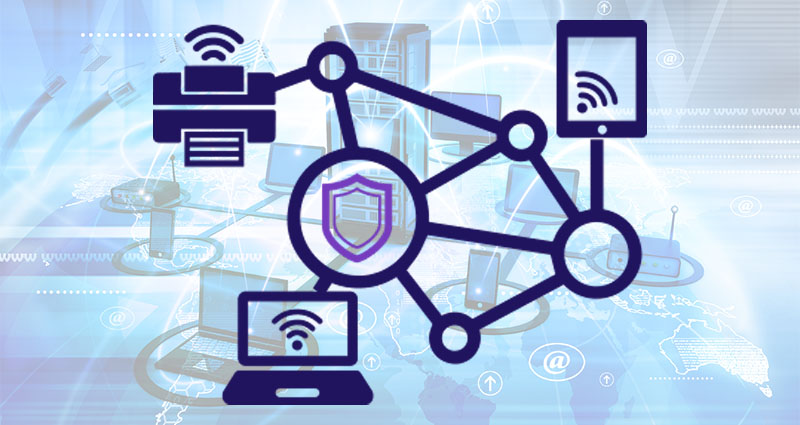The Importance of a Zero Trust Network
Zero trust is a principle that advocates encrypting every single packet in a network. This eliminates exceptional cases and human error. It also reduces the attack surface and complexity. The code can be compared to that of least privileged access.
Least-privilege access
Applying the principle of least privilege to networks can help ensure greater security. For instance, it can limit the damage caused by compromised user accounts. In contrast, if an administrator account is compromised, it could cripple the entire network. Limiting administrator access to the least privilege helps decrease the attack surface and minimize the risk of cyber attacks.
PoLP is a critical component of zero trust network access, which aims to limit network access to necessary activities. This principle applies to users, networks, databases, and applications. When implemented effectively, it can prevent damage caused by misuse or mistakes. For example, a junior programmer working on legacy code … Read More










